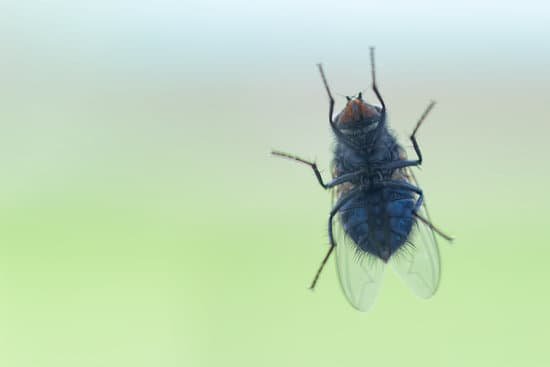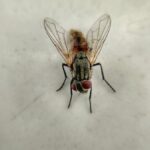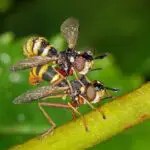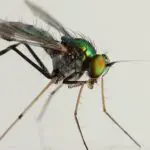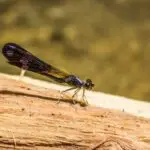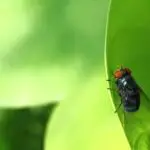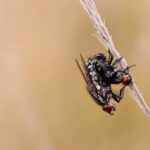When Do Flies Go Away?
Flies are common household pests. Most types are harmless but some are serious nuisances. Some can cause allergic reactions, contaminate food, or even carry disease. Most of the more serious cases of flies disease occur when people travel to foreign countries. The most common type of fly is the house fly, which is a grayish-black insect with hair. These insects lay hundreds to thousands of eggs in two weeks. They can breed in compost piles, yard waste, trash bins, and dead animals.
Flies can be controlled with a variety of different treatments, including traps, insecticides, and natural solutions. The best way to control a fly infestation is to eliminate any decaying matter that attracts them. Once you have eliminated these sources, you can put in place a series of pest control measures to keep them from returning.
Winter is a tough time for flies. The cold weather kills off some of them, but most live longer during this time. The cold weather causes many larger flies to enter a state of diapause in order to conserve their body heat and energy. Cluster flies are particularly large and can survive in low temperatures. This is because they have adapted to the cold by slowing their lifecycle. The larvae take two to three months to become flies once the temperature gets warmer.
Flies are most active when the weather is warm. This is between April and October for most areas of the U.S. Female houseflies lay up to 500 eggs during their lifetime. During that time, the eggs hatch and become adult flies. Once mature, flies can produce two or more generations each month. This is why it is important to get rid of flies early.
